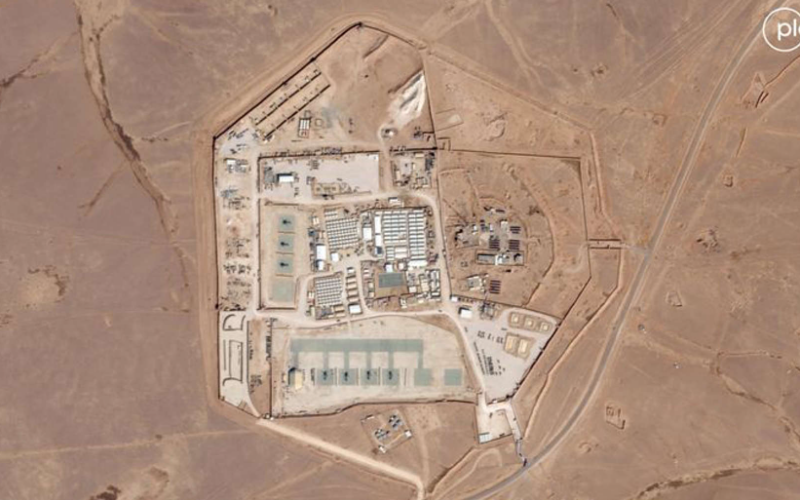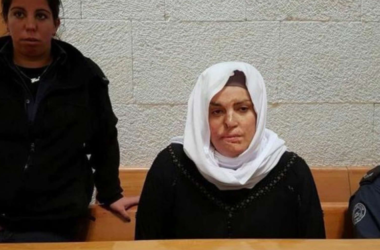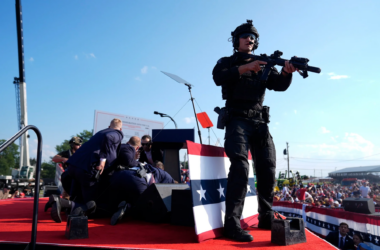The United States has pledged to take “all necessary actions” in response to a drone attack that claimed the lives of three U.S. troops in Jordan. Meanwhile, Qatar expresses concerns over potential repercussions on regional security and the ongoing efforts towards a new hostage-release deal in Gaza. This incident marks a significant escalation in tensions amid the complex geopolitical landscape of the Middle East.
Following the drone attack attributed to Iran-backed militants, the White House National Security spokesman, John Kirby, emphasized the U.S. commitment to defending American forces. While denying a desire for a broader conflict, Kirby stated, “but we got to do what we have to do.” President Biden echoed this sentiment, asserting that those responsible would be held to account. Defense Secretary Austin affirmed that all necessary actions would be taken to defend U.S. forces.
Simultaneously, Israel launched an assault on Gaza City, marking a concerning development in the Israel-Hamas conflict that erupted in October. Reports from Gaza City indicate air strikes causing casualties, fierce gun battles, and shelling in various areas. The strategic shift in targeting suggests challenges in implementing the intended military plan.
The Biden administration faces dual challenges of responding firmly to the drone attack without triggering a wider war and facilitating the release of hostages in Gaza. The delicate balance requires a nuanced approach to avoid further destabilizing the region.
Qatar, playing a mediating role, expressed hopes that U.S. retaliation would not undermine progress in the negotiations for a new Gaza hostage-release deal. Qatari Prime Minister Sheikh Mohammed bin Abdulrahman bin Jassim al Thani emphasized the potential impact on regional security and urged containment of the situation. Diplomatic talks involving CIA Director William Burns, Israel’s Mossad intelligence service, and the head of Egyptian intelligence took place in Paris, aiming to address existing gaps and find constructive solutions.
U.S. Secretary of State Antony Blinken expressed hope that the Qatar-mediated negotiating process could resume, building on a framework developed in Paris. The prospect of a renewed negotiation process provides optimism for easing tensions and potentially achieving a ceasefire agreement.
Palestinian militants reiterated their conditions for the release of hostages, demanding a halt to Israel’s Gaza offensive and withdrawal from the Gaza Strip. The continued violence has exacerbated the humanitarian crisis, with reports of evacuations, communication blackouts, and concerns about food shortages.
The U.S. and other countries suspended aid to the UN Relief and Works Agency for Palestine Refugees (UNRWA) following Israel’s allegations that some employees doubled as militants. Israel claims these individuals were involved in the October 7 attacks, leading to concerns about an exacerbated aid crisis. UN Secretary-General Antonio Guterres has initiated an inquiry into the allegations, emphasizing a swift and efficient investigation.
The current developments in the Middle East underscore the complexity of regional dynamics and the challenges faced by the international community. Balancing military responses, diplomatic negotiations, and addressing humanitarian concerns requires careful navigation. As the situation unfolds, international stakeholders continue their efforts to restore stability, resolve conflicts, and mitigate the impact on civilian populations.








